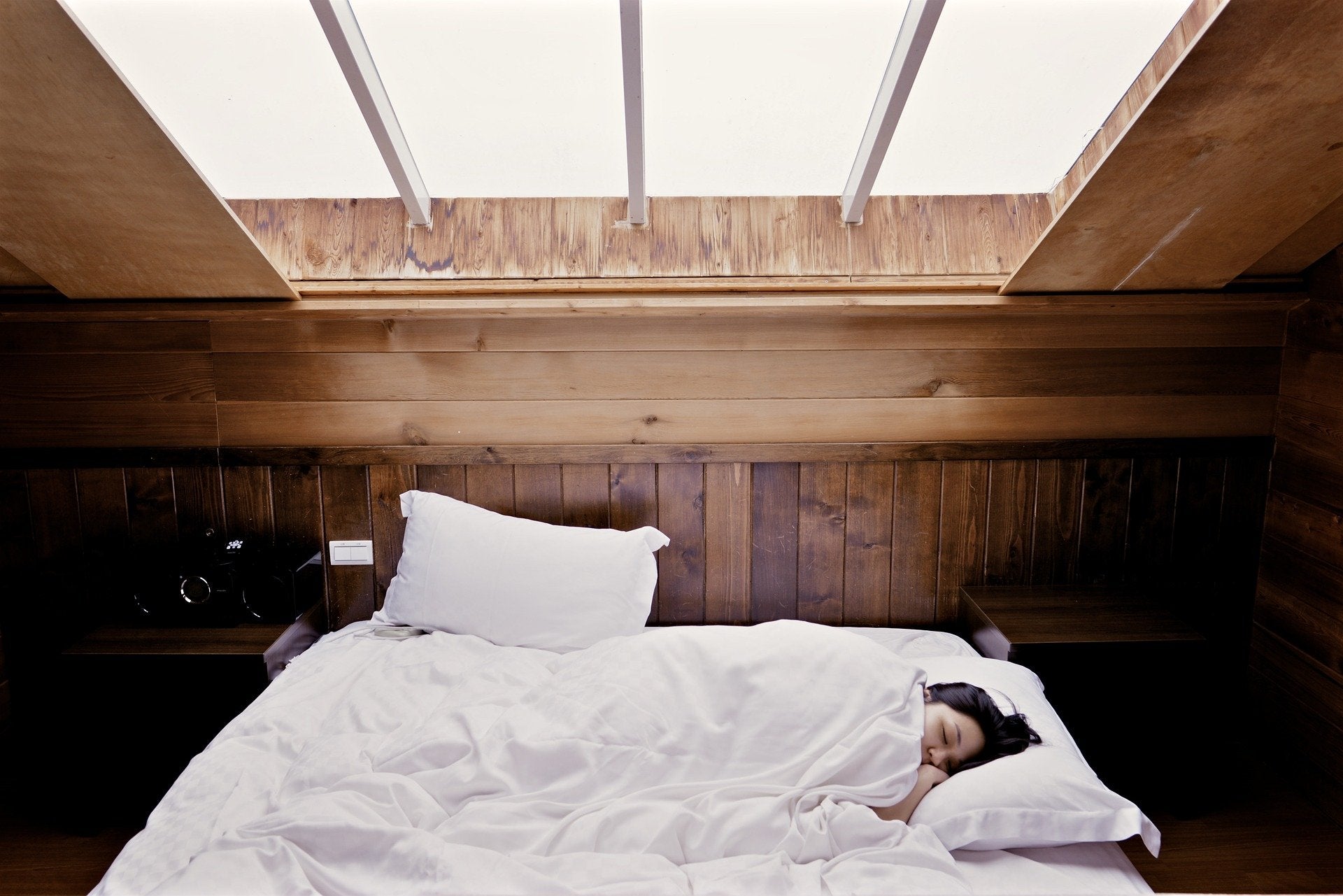
Essential Sleep Tips
Essential Sleep Tips
Modern technology makes life easier, but it can also interfere with your sleep. This is especially true if you’re sensitive to light. Find out how your smart phone may be keeping you up at night and what you can about it.
Artificial light throws off your inner clock and the activities of your neurons and hormones that would naturally guide you through a 24 hour day. Internet devices with LED lights keep your brain on alert and reduce the number of hours that you sleep.
In addition to reduced concentration, sleep deprivation is associated with weight gain, diabetes, and other health issues.
You can keep your phone and get the rest you need by managing your exposure to artificial and natural light.
Coping with Light from Electronic Devices
-
Observe a curfew. Turn off all electronic devices, including the TV, about an hour or two before bedtime. This will give your brain time to recover from the lingering effects of staring at lighted screens.
-
Announce your schedule. You may feel like people expect you to be available at all hours of the day. Let your boss and friends know that you stop checking emails or answering calls and texts by a certain hour.
-
Ban devices from your bedroom. If possible, keep electronics out of your bedroom. Make the room a sanctuary used only for quiet activities and sleep.
-
Cover the power buttons. If you decide to let some devices stay, look them over. Apply stickers to cover power buttons that glow in the dark. Dim the lights on your alarm clock.
-
Read books on paper. Save your e-reader for lunchtime. Nighttime reading with conventional books will be less stimulating.
-
Adjust your spectrum. As it turns out, LED lights emit a short wave blue light that’s particularly disruptive for our sleep rhythms. Shop around for free applications that will adjust the color to warmer or cooler shades depending on the time of day.
Coping with Light Sources
-
Know your bulbs. You’ve surely noticed that traditional light bulbs are vanishing due to government efficiency standards. If you dislike harsh fluorescent lights, try innovations like incandescent halogen bulbs, which provide softer light and work well with dimmers.
-
Use a nightlight. At least for now, nightlights are exempted and still on the market. They’ll help you get back to sleep faster after late night trips to the bathroom.
-
Draw the curtains. Blackout curtains and shades will darken your bedroom. They’ll help keep out streetlights and let you sleep past dawn.
-
Put on a sleep mask. Sleep masks are another valuable accessory. Forget about the cheap versions they give away on planes. Buy one with cushioned pillows around the eyes. It will feel more comfortable and promote deeper slumbers.
-
Limit caffeine. Like many people, you may be in the habit of using coffee to charge yourself up in the morning. If you feel drowsy most mornings, you’d be better off going to bed earlier instead.
-
Drink in the morning sun. Exposing your body to morning sun will wake up your brain and help you sleep better at night. If you get up before dawn, special lights designed for seasonal affective disorder may help.
-
Talk with your doctor. If you still have trouble sleeping, see your doctor. They can suggest additional options like melatonin supplements or refer you to a sleep specialist.
Kick your tablet out of your bedroom and pick up a paperback novel instead. You’ll most certainly get a better night’s sleep.



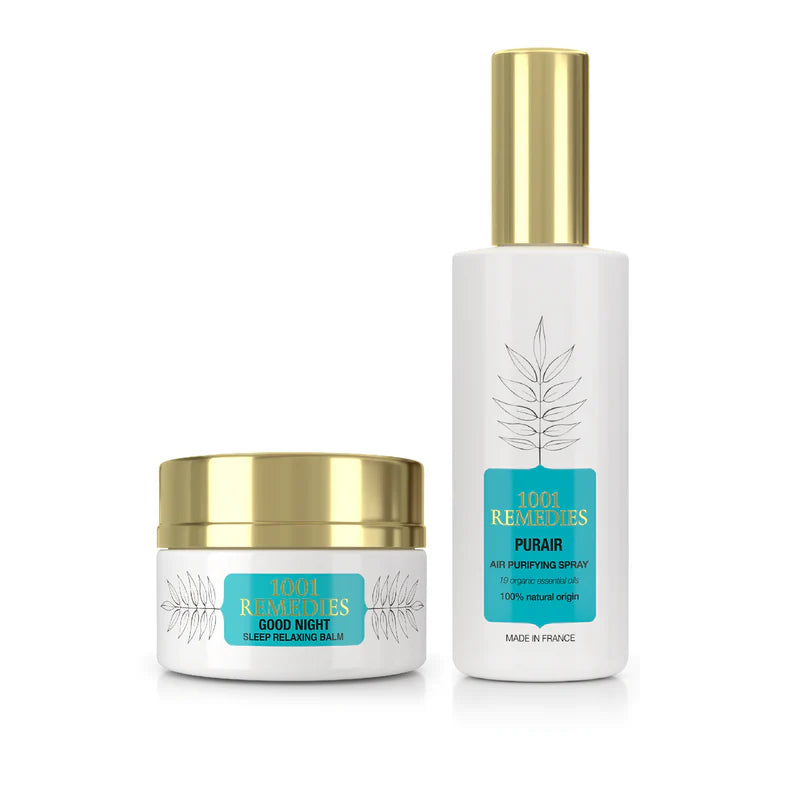
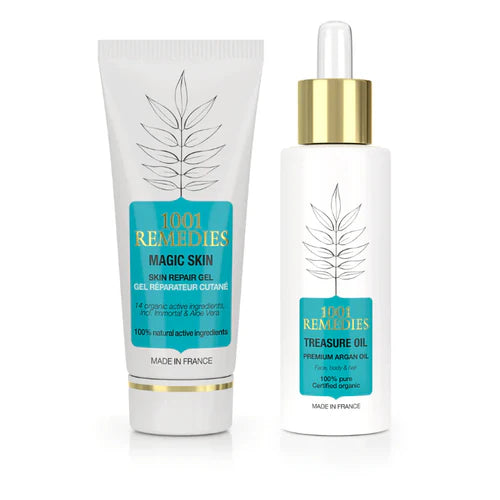
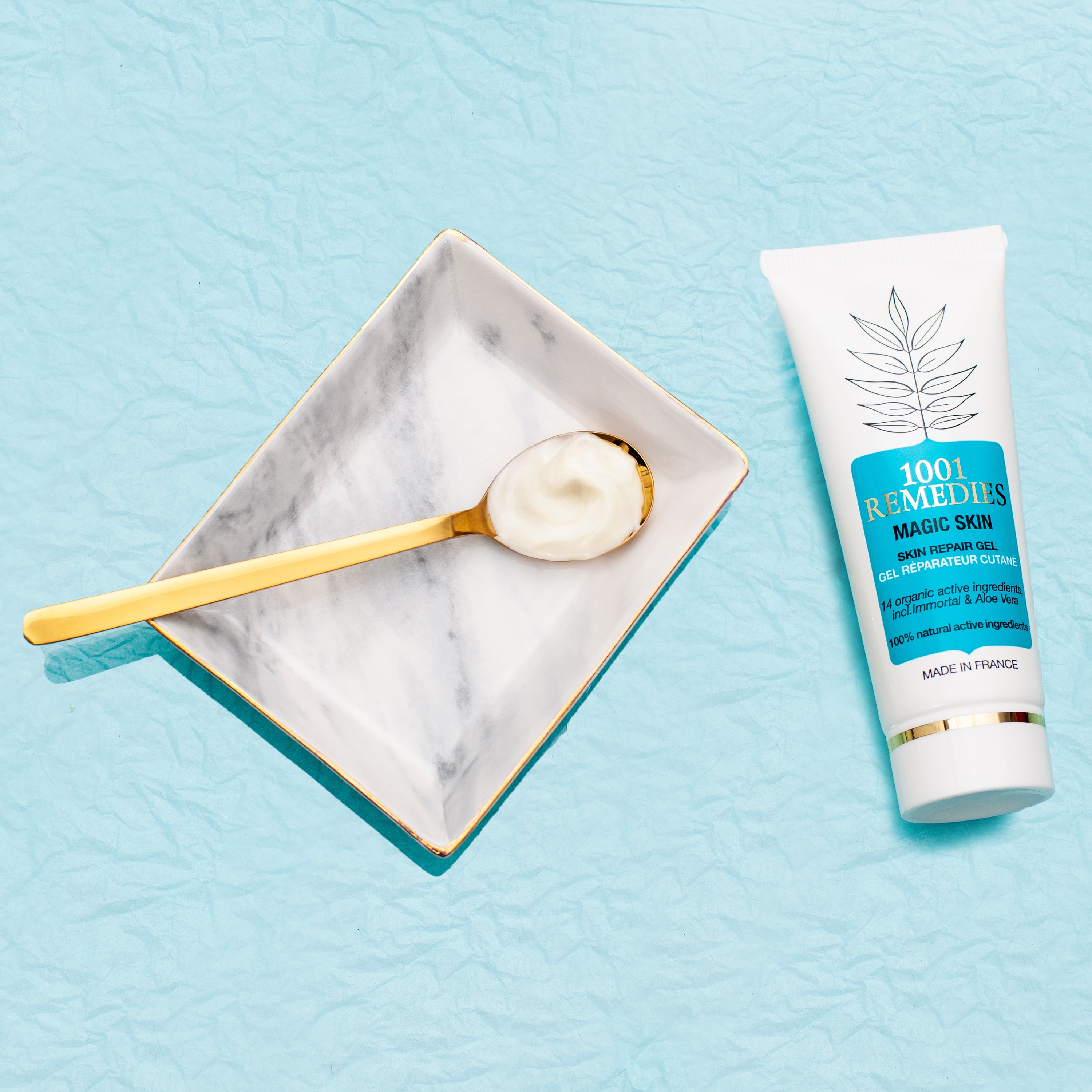
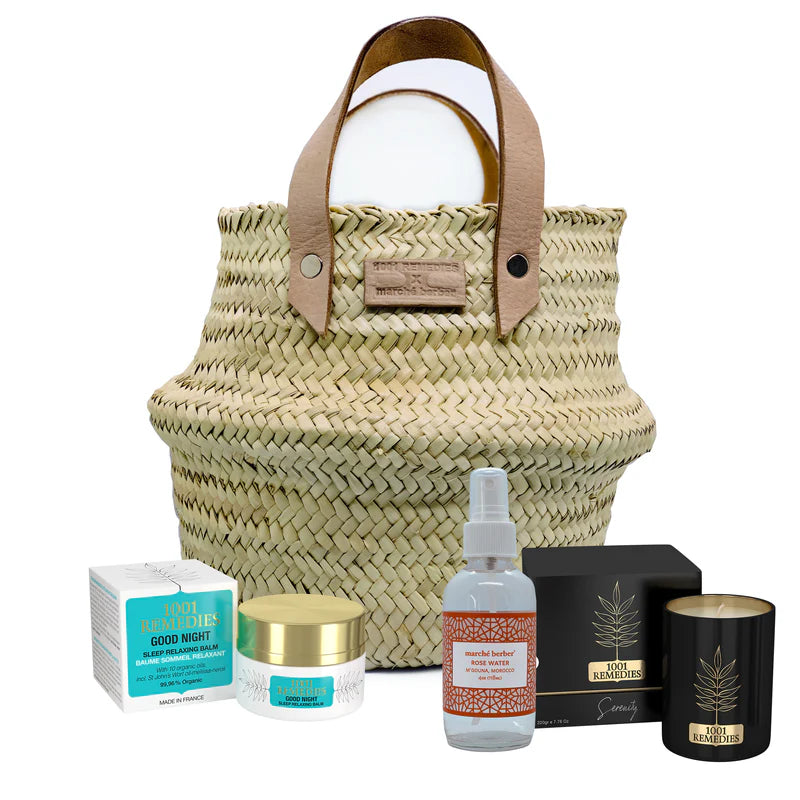
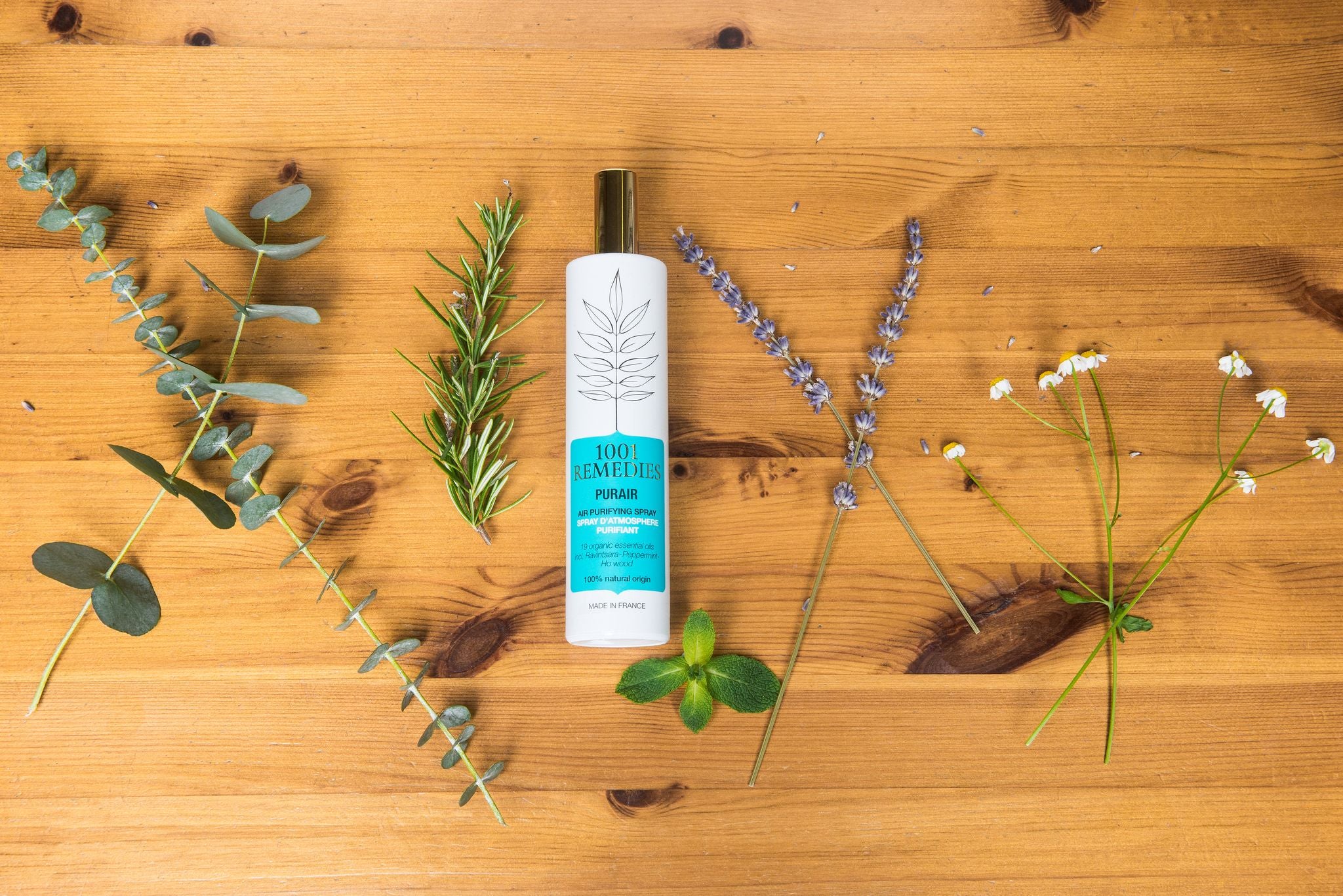
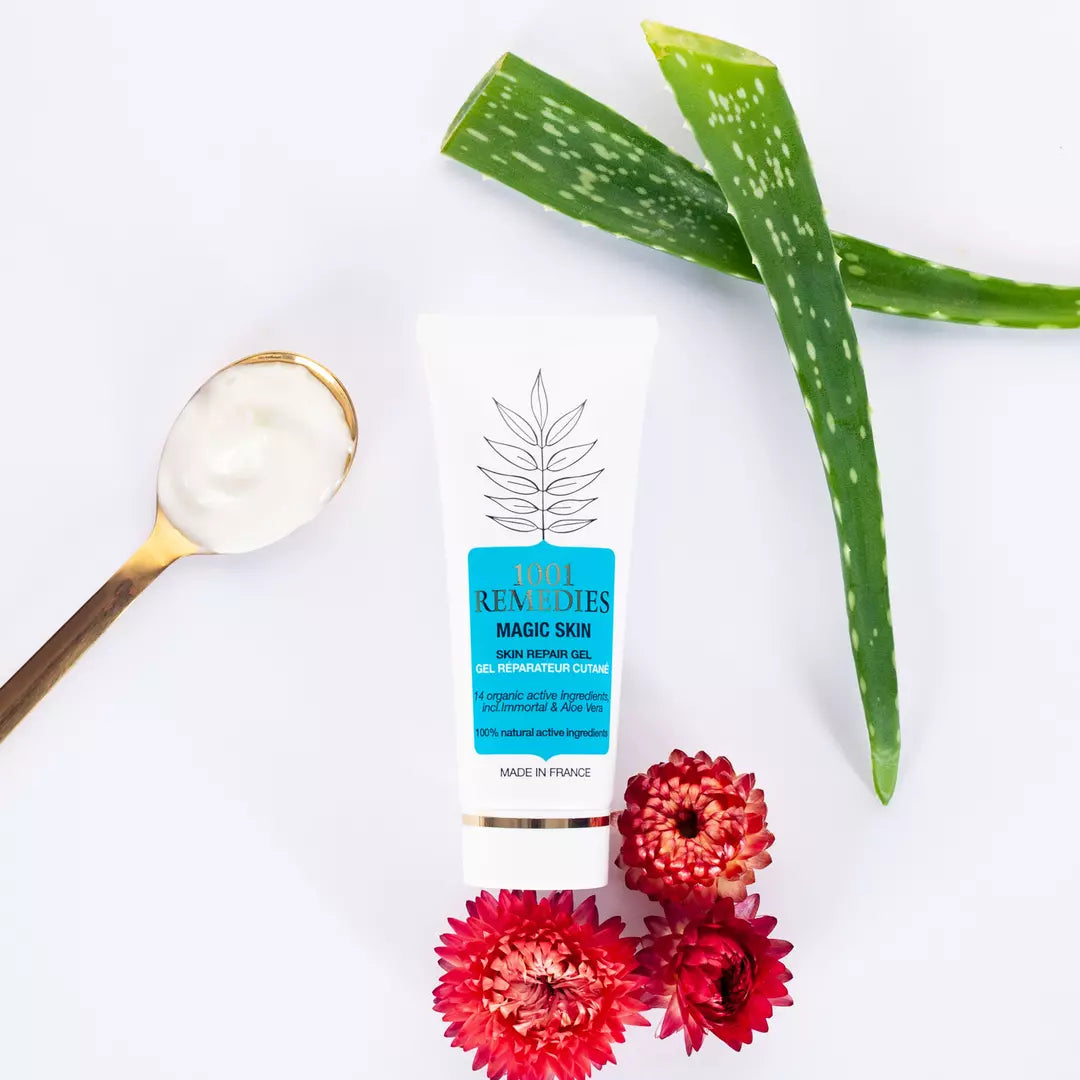
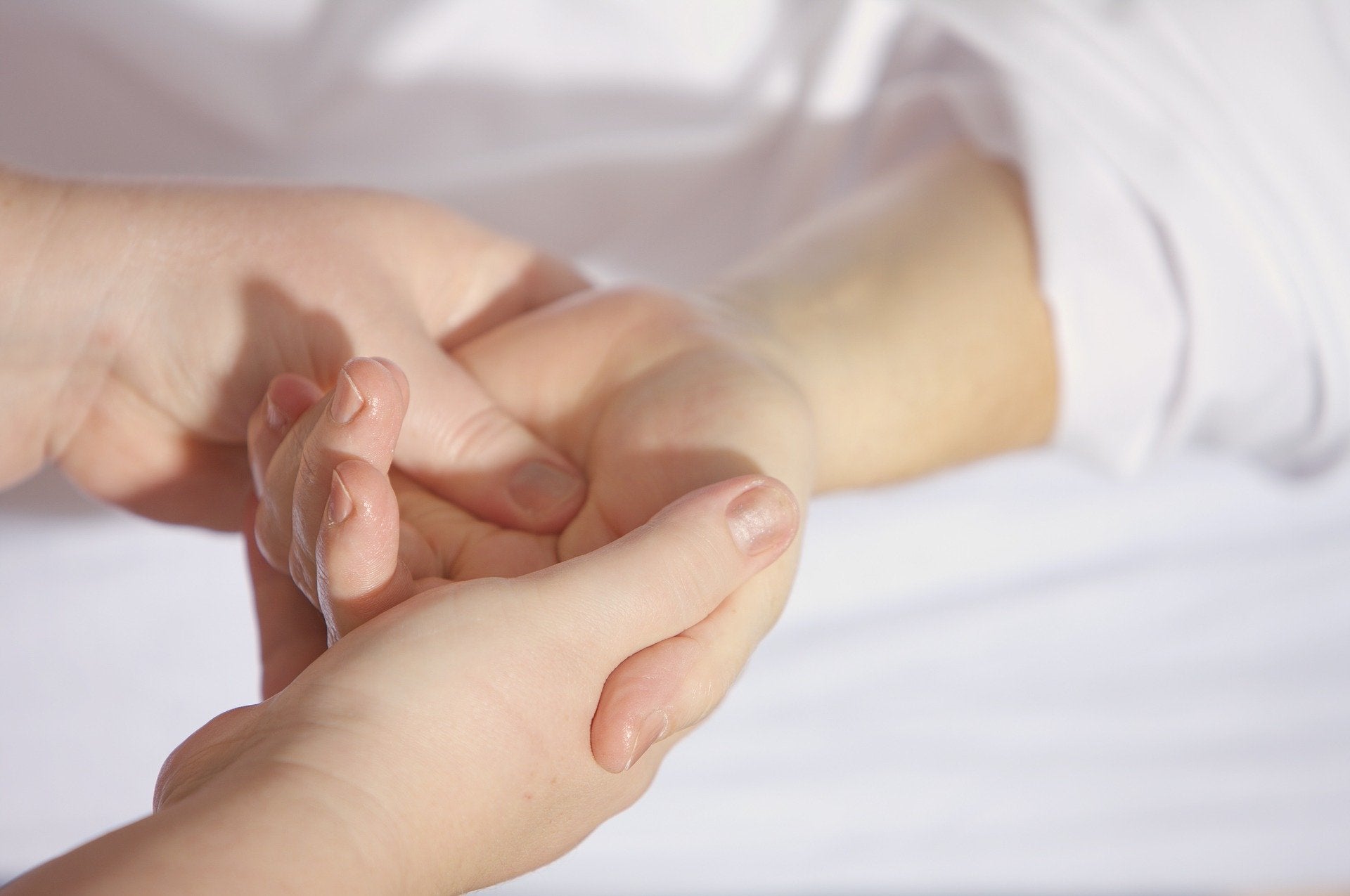
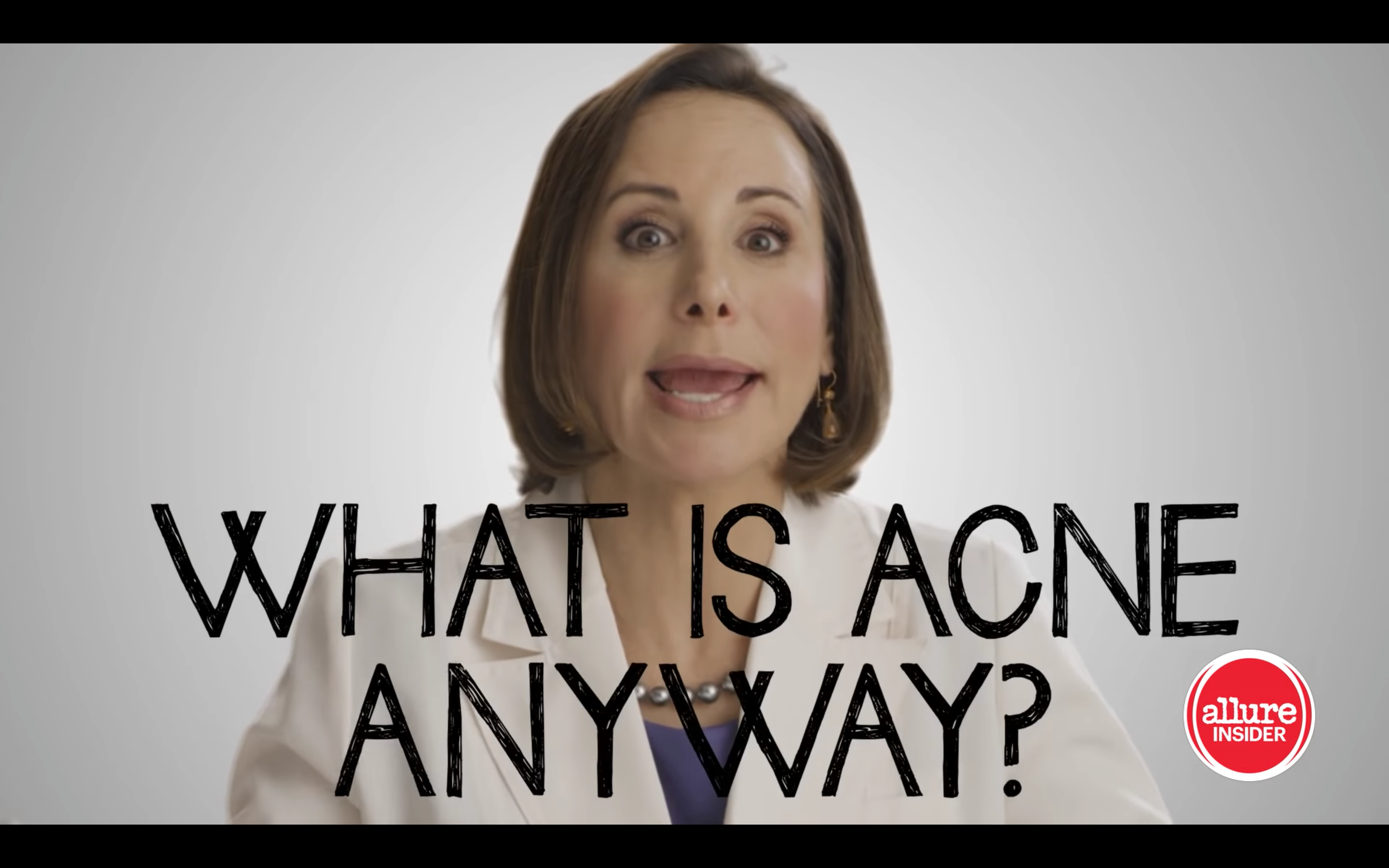
Leave a comment
This site is protected by hCaptcha and the hCaptcha Privacy Policy and Terms of Service apply.